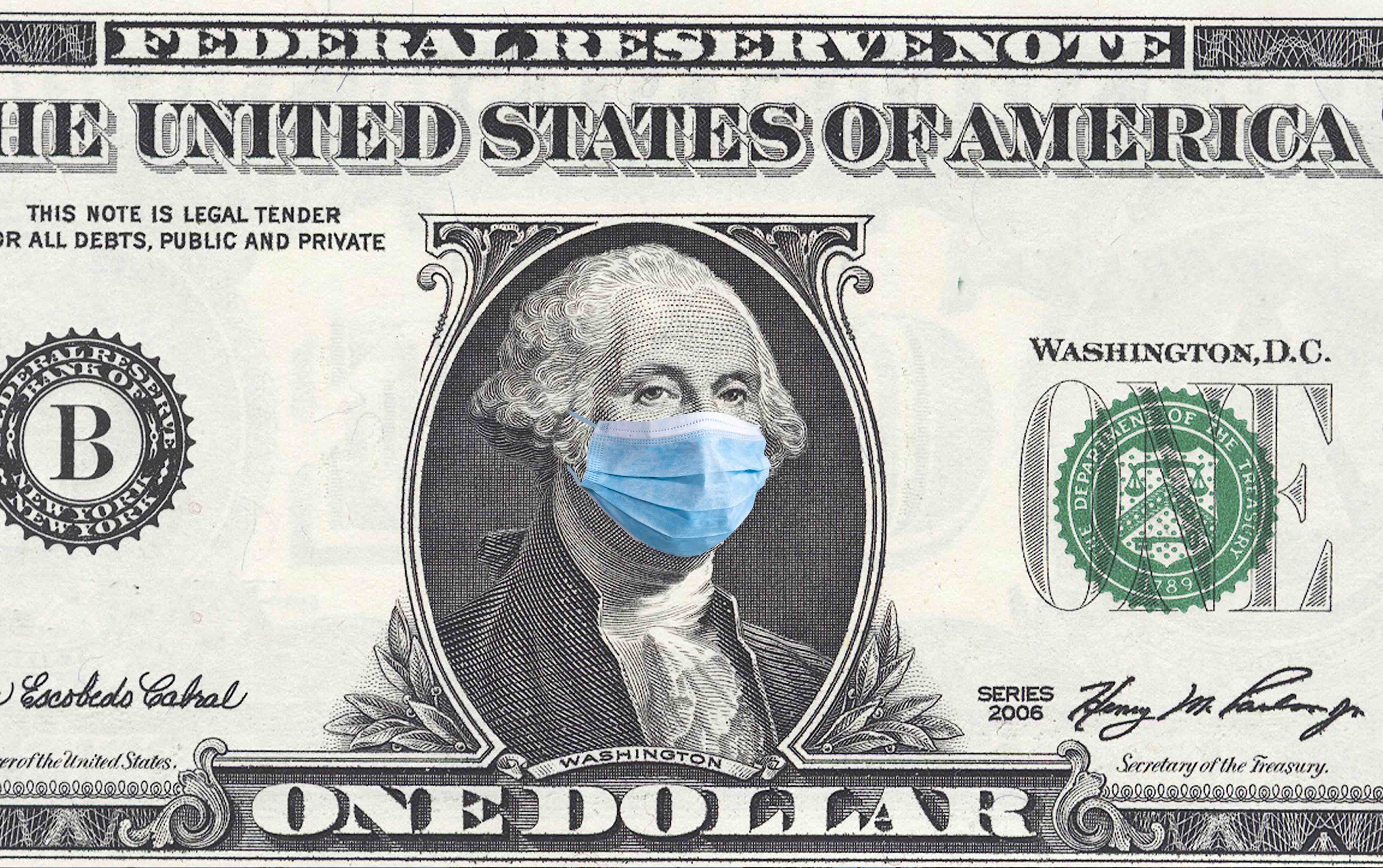Inaccurate Medical Billing Creates Problems for Older Adults
Even though virtually all older people have medical insurance, many are still facing medical debt.

Profit and prosper with the best of Kiplinger's advice on investing, taxes, retirement, personal finance and much more. Delivered daily. Enter your email in the box and click Sign Me Up.
You are now subscribed
Your newsletter sign-up was successful
Want to add more newsletters?
Even though most older adults have health insurance, they’re facing increasing medical debt, reports the Consumer Financial Protection Bureau. Older adults face a complex billing system with a high likelihood of errors and inaccurate bills, according to the bureau.
The CFPB examined census data along with consumer complaints received between January 2020 and December 2022. It says its findings suggest that providers are billing older dual beneficiaries of Medicare and Medicaid for amounts they don’t owe.
The report found that in 2020, nearly 4 million adults 65 and older reported having unpaid medical bills, even though 98% of them had insurance. Nearly 70% of these older adults with unpaid medical bills also reported having medical insurance coverage from two or more sources.
From just $107.88 $24.99 for Kiplinger Personal Finance
Become a smarter, better informed investor. Subscribe from just $107.88 $24.99, plus get up to 4 Special Issues

Sign up for Kiplinger’s Free Newsletters
Profit and prosper with the best of expert advice on investing, taxes, retirement, personal finance and more - straight to your e-mail.
Profit and prosper with the best of expert advice - straight to your e-mail.
The reported amount of unpaid medical bills among older adults increased by 20% between 2019 and 2020, from $44.8 billion to $53.8 billion. Yet older adults reported fewer doctor visits and lower out-of-pocket expenses in 2020 than in 2019.
What to do when you get surprise medical bills
The No Surprises Act bans unexpected out-of-network medical bills for emergency room visits or out-of-network bills when receiving treatment in an in-network hospital or other facility.
If you don’t have insurance, the law usually requires providers to give you a good faith estimate of how much your health care will cost if you schedule services at least 3 business days in advance or you request one. You may be able to dispute your bill if it’s at least $400 more than the estimate.
To help consumers understand their rights and protections under the law, the Centers for Medicare & Medicaid Services has information about its requirements, an interactive tool to help consumers identify actions they can take to resolve their billing issues, as well as a complaint form to report a violation of the rules at the CMS website.
Note: This item first appeared in Kiplinger’s Retirement Report, our popular monthly periodical that covers key concerns of affluent older Americans who are retired or preparing for retirement. Subscribe for retirement advice that’s right on the money.
Profit and prosper with the best of Kiplinger's advice on investing, taxes, retirement, personal finance and much more. Delivered daily. Enter your email in the box and click Sign Me Up.
Elaine Silvestrini has worked for Kiplinger since 2021, serving as senior retirement editor since 2022. Before that, she had an extensive career as a newspaper and online journalist, primarily covering legal issues at the Tampa Tribune and the Asbury Park Press in New Jersey. In more recent years, she's written for several marketing, legal and financial websites, including Annuity.org and LegalExaminer.com, and the newsletters Auto Insurance Report and Property Insurance Report.
-
 Big Nvidia Numbers Take Down the Nasdaq: Stock Market Today
Big Nvidia Numbers Take Down the Nasdaq: Stock Market TodayMarkets are struggling to make sense of what the AI revolution means across sectors and industries, and up and down the market-cap scale.
-
 How Medicare Advantage Costs Taxpayers — and Retirees
How Medicare Advantage Costs Taxpayers — and RetireesWith private insurers set to receive $1.2 trillion in excess payments by 2036, retirees may soon face a reckoning over costs and coverage.
-
 3 Smart Ways to Spend Your Retirement Tax Refund
3 Smart Ways to Spend Your Retirement Tax RefundRetirement Taxes With the new "senior bonus" hitting bank accounts this tax season, your retirement refund may be higher than usual. Here's how to reinvest those funds for a financially efficient 2026.
-
 It's Time to Rethink What 'Aging Well' Means
It's Time to Rethink What 'Aging Well' MeansDon’t fall into the trap of thinking there is a "right way" to age. Here's how to reframe aging in a healthy, achievable way.
-
 I’ve Played 1,300-plus Golf Courses: These Are the 4 on My 'Must-Play' List for 2026
I’ve Played 1,300-plus Golf Courses: These Are the 4 on My 'Must-Play' List for 2026These four luxury golf courses offer an extraordinary experience for players this year.
-
 How to Plan a (Successful) Family Reunion
How to Plan a (Successful) Family ReunionFrom shaping the guest list to building the budget, here's how to design a successful and memorable family reunion.
-
 Is Direct Primary Care Right for Your Health Needs?
Is Direct Primary Care Right for Your Health Needs?With the direct primary care model, you pay a membership fee for more personalized medical services.
-
 Smart Ways to Share a Credit Card
Smart Ways to Share a Credit CardAdding an authorized user has its benefits, but make sure you set the ground rules.
-
 Tip: Ways to Track Your Credit Card Rewards
Tip: Ways to Track Your Credit Card RewardsHere are the best strategies and apps to help you stay current with your credit card rewards.
-
 How We Manage Our Finances Together as a Married Couple
How We Manage Our Finances Together as a Married CoupleDouglas Boneparth, a certified financial planner, and his wife, Heather Boneparth, speak with Kiplinger about couples managing finances.
-
 Where to Stash Cash as Yields Fall, According to Advisers
Where to Stash Cash as Yields Fall, According to AdvisersYour best options depend on how soon you'll need the money and your tolerance for risk.